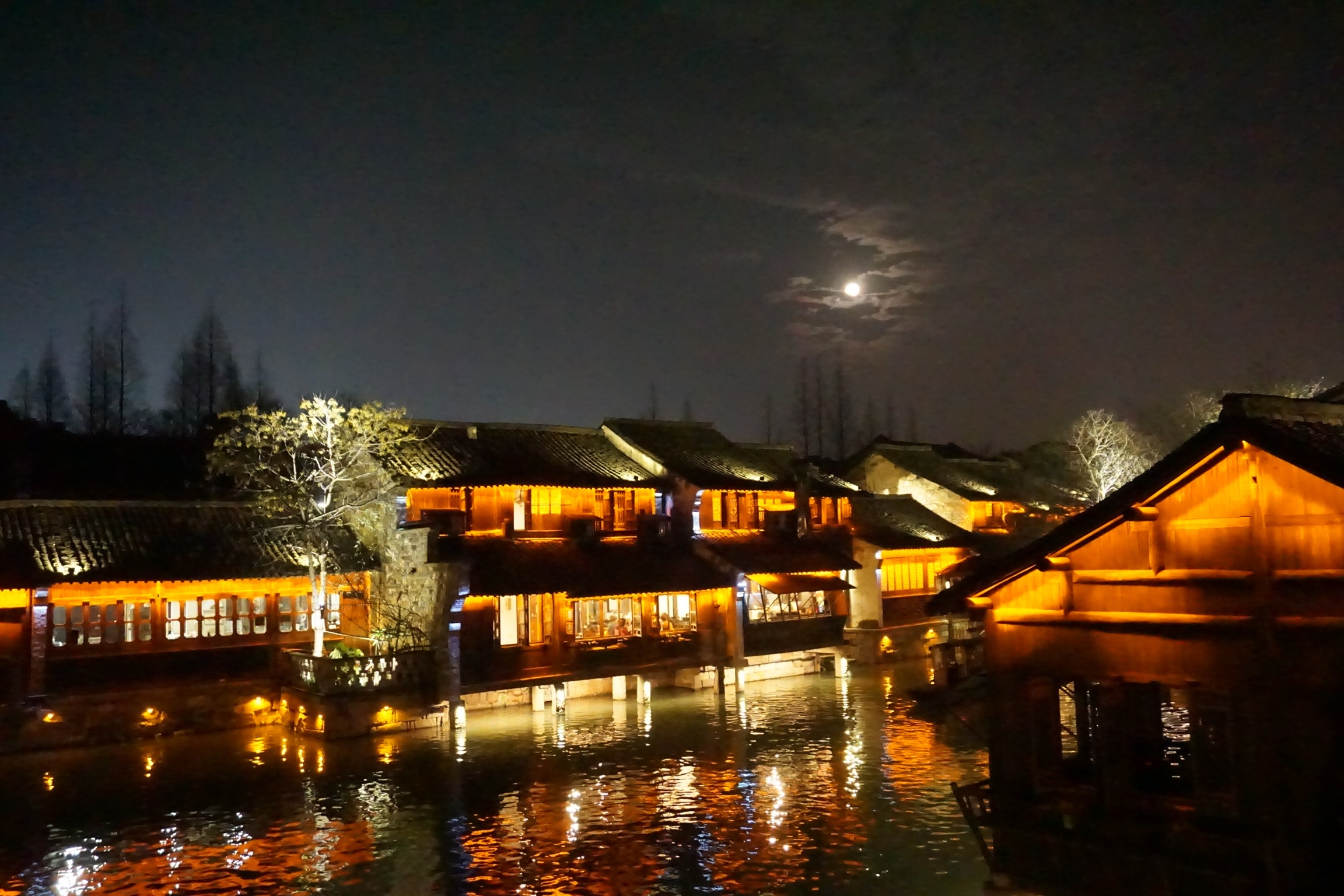‘There is no better means of instruction on China than letting China speak for herself’: Thomas Percy and Hau Kiou Choaan
DOI:
https://doi.org/10.31273/eirj.v4i1.148Keywords:
Eighteenth Century, China in Britain, Thomas Percy, Hau Kiou ChoaanAbstract
Hau Kiou Choaan represents a fresh enquiry into literary orientalism in Britain of the eighteenth century. This article will discuss Percy's adaptation of Hau Kiou Choaan from an original Chinese novel, and how the ways in which Percy interprets the Chinese novel signify his peculiar views of China. On the title page of Hau Kiou Choaan; or, The Pleasing History (1761), Thomas Percy quotes from Jean-Baptiste Du Halde’s A Description of the Empire of China and of Chinese Tartary (1738): ‘There is no better means of instruction on China than letting China speak for herself’. It remains questionable, whether by presenting an original piece of Chinese literature, Percy has really let China ‘speak for herself’; it is reasonable to argue that Hau Kiou Choaan carries as much information about China as it does about Percy’s own perceptions of this country. Whether Percy’s works and views of China provoked louder criticism or higher praise, his input into the studies of China was a positive one, for it contributed to an increasingly vigorous debate that would increasingly perceive differences as a source of strength, not weakness.
Downloads
References
Primary Sources (English)
Davis, John Francis, The Fortunate Union: a Romance (London: Oriental Translation Fund, 1829).
Du Halde, Jean Baptiste, A Description of the Empire of China and of Chinese Tartary (London: T. Gardner, 1738), or, The General History of China (London: 1741), Eighteenth Century Collections Online, last accessed 30 June 2016 .
Goldsmith, Oliver, The Citizen of the World, Collected Works of Oliver Goldsmith (Volume II), ed. Arthur Friedman (Oxford: Clarendon Press, 1966).
Johnson, Samuel, ‘Letter on Du Halde’s History of China’ (1738), last accessed 30 June 2016 .
Percy, Thomas, Hau Kiou Choaan (London: R. and J. Dodsley, 1761), Eighteenth Century Collections Online, last accessed 30 June 2016 .
— Miscellaneous Pieces Relating to the Chinese (London: R. and J. Dodsley, 1762), Eighteenth Century Collections Online, last accessed 30 June 2016 .
Primary Sources (Chinese)
Original Chinese version of Hau Kiou Choaan (好逑传) (Beijing: Huaxia Publishing House, 2014).
Secondary Sources
Ballaster, Ros, Fabulous Orients: Fictions of the East in England 1662-1785 (Oxford: Oxford University Press, 2005).
Davis, Bertram H., Thomas Percy: A Scholar-Cleric in the Age of Johnson (Philadelphia, 1989).
Fan, T. C., ‘Percy’s Hau Kiou Choaan’, The Review of English Studies, 22/86 (1946), 117-125.
Groom, Nick, The Making of Percy’s Reliques (Oxford, 1999).
Palmer, Roy, ‘Thomas Percy’, Oxford Dictionary of National Biography, last accessed 30 June 2016 .
Ward, Adrienne, Pagodas in Play: China on the Eighteenth-Century Italian Opera Stage (Lewisburg, PA: Bucknell UP, 2010).
Watt, James, ‘Thomas Percy, China, and the Gothic’, The Eighteenth Century, 48/2 (2007), 95-109.

Downloads
Published
Issue
Section
License
Authors who publish with this journal agree to the following terms:
Authors retain copyright and grant the journal right of first publication with the work simultaneously licensed under a Creative Commons Attribution License (CC-BY), which permits use and redistribution of the work provided that the original author and source are credited, a link to the license is included, and an indication of changes which were made. Third-party users may not apply legal terms or technological measures to the published article which legally restrict others from doing anything the license permits.
If accepted for publication authors’ work will be made open access and distributed under a Creative Commons Attribution (CC-BY) license unless previously agreed with Exchanges’ Editor-in-Chief prior to submission.
Authors are able to enter into separate, additional contractual arrangements for the non-exclusive distribution of the journal's published version of the work (e.g., post it to an institutional repository or publish it in a book), with an acknowledgement of its initial publication in this journal.
Authors are permitted and encouraged to post their work online (e.g., in institutional repositories or on their website) prior to and during the submission process, as it can lead to productive exchanges, as well as earlier and greater citation of published work. (see: The Effect of Open Access)
